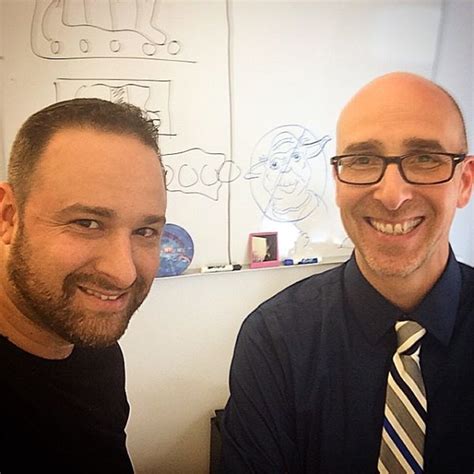A Quote by Douglas Rushkoff
Microsoft's new OS, Windows 7, may finally be a worthy successor to XP, eliminating the clutter of Vista and letting users get to what they want to use without the fuss. All this, while remaining compatible with their IT departments' demands for scalability and custom implementations.
Related Quotes
For many years, even as users became more sophisticated, personal computers took too much effort to use without problem-solving, keeping alive the yearning for greater simplicity. Microsoft's dominant Windows platform, in particular, was a home for all manner of bugs and problems that required IT people to straighten out.
Microsoft's Windows 3.1, released in 1992, was the first truly successful edition of Windows and juiced the Redmond juggernaut. Apple's Macintosh System 7.5, released in 1994, was another in a string of versions that lacked key architectural features that the Mac didn't have until Steve Jobs returned and brought with him the code that became OS X.
Gates has always understood Moore's Law better than anyone else in the industry. If you can make something run at all, get it out there -it may be slow and clunky, but hardware improvements will bail you out. If you wait until it's running perfectly on the hardware already in the field, it will be obsolete before it's released. This philosophy built Microsoft and is the main reason Microsoft won the war IBM declared back in the OS/2 days.





































